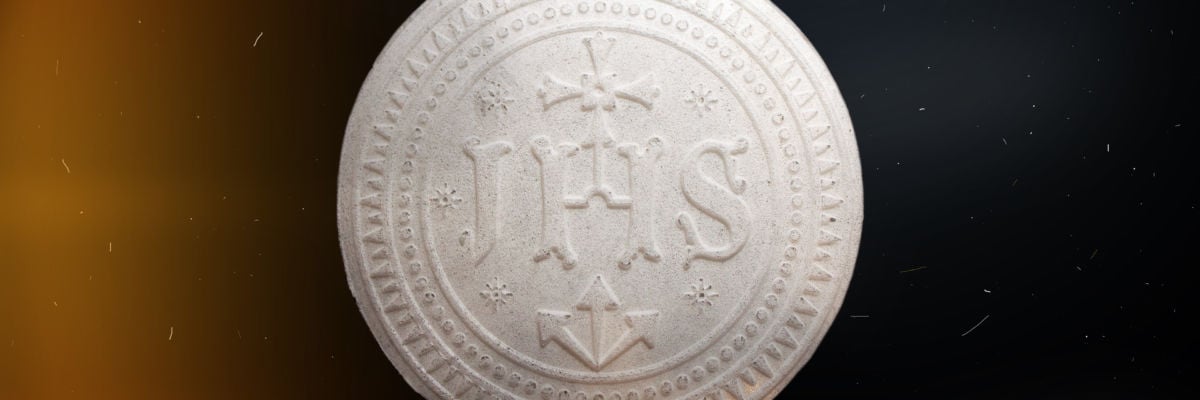
Jimmy Akin delves into the question of whether receiving the Eucharist is essential for salvation, and whether this excludes Protestants and Evangelicals. He explores Jesus’ teaching in John 6 and explains the Church’s nuanced understanding, highlighting Vatican II’s clarification on the salvation of those outside the Catholic Church. Jimmy emphasizes the concept of normative necessity versus absolute necessity for salvation, providing a clear and insightful perspective on this complex theological topic.
Transcript:
My question is kind of a two-parter. Is it true that receiving the Eucharist is necessary for salvation? And if so, would it therefore logically follow that Protestants and evangelicals who don’t have the Eucharist fall outside of that? And would that not contradict some of what Vatican II has said about someone being baptized, being a Christian, even though it’s outside of the church? Does that make sense?
Oh yeah, Jesus clearly teaches in John 6 that if you don’t eat his flesh and drink his blood, you have no life in you. However,
the church has also… that clearly doesn’t apply to everybody because it didn’t apply to the Jews who lived before the time of Christ. You know, they can get into heaven and they didn’t receive the Eucharist. Similarly, Jews living in other parts of the Roman Empire before the Christian message got to them, they could be saved and they didn’t receive the body and blood of Christ even after the time of Christ because the gospel hadn’t reached them yet. And the Catholic Church has clarified, particularly at Vatican II, that those who through no fault of their own are not Christian or not Catholic can be saved as long as under the influence of God’s grace they otherwise live up to the degree of light and grace that they have received, whatever level that may be. So it is possible for people who are Protestant or even non-Christian through no fault of their own to be saved. So the way we want to understand the normativity of receiving the Eucharist is not as an absolute necessity, but as a normative necessity. It’s something that is the normal way that it is a normal way that we receive salvation the same way faith in Christ is and the same way baptism is. And so this just goes into the same category as the other things that we need to do for salvation. We need to have faith in Christ, we need to be baptized, we need to receive the Eucharist, but all of those are normative necessities, not absolute necessities. And so if a person is not able to do one of those things through no fault of their own, then God knows they’re not at fault and he’s not going to hold them accountable for it.
Hey, thanks for watching. If you like this Catholic Answer, be sure to like, subscribe, and check out our live streams Monday through Friday, 3 to 5 p.m. Pacific, or find the episode after on YouTube, your favorite podcast platform or our Catholic Answers app.



